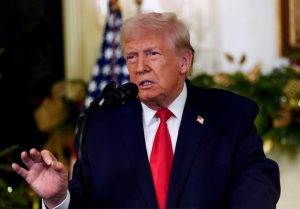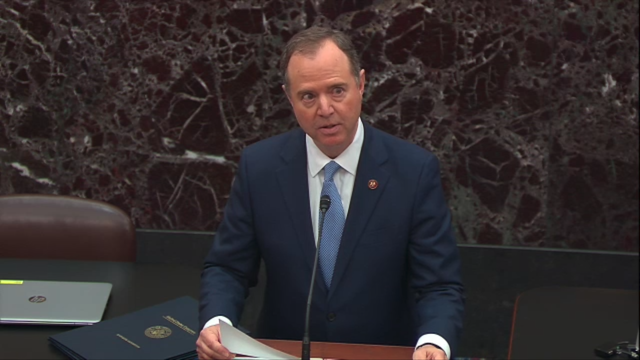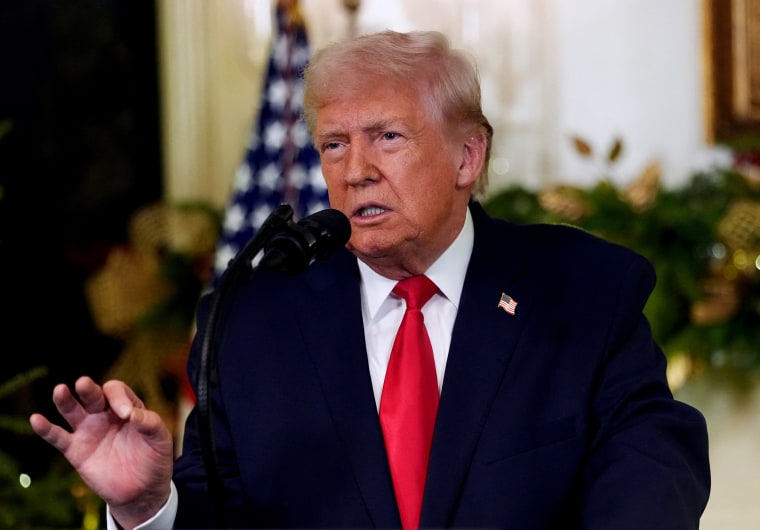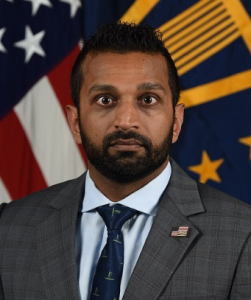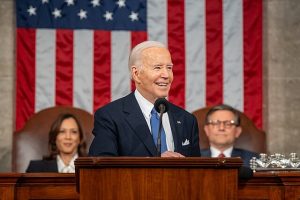A newly declassified set of FBI interview records is reigniting controversy over former House Intelligence Committee Chairman Adam Schiff. The documents suggest that Schiff may have approved leaks of classified information during the height of the Trump–Russia investigation—a revelation that, if true, could have serious legal and political implications.
According to files obtained by Just The News, an unnamed whistleblower repeatedly told the FBI between 2017 and 2023 that Schiff personally authorized the leaking of classified material. The purpose, the source claimed, was to politically damage then-President Donald Trump and bolster the “Russiagate” narrative that dominated headlines throughout Trump’s first term.
The whistleblower, described as a Democratic intelligence officer who worked for the House Intelligence Committee, said Schiff even convened an all-staff meeting where he made his intentions clear.
“When working in this capacity, [redacted staffer’s name] was called to an all-staff meeting by SCHIFF,” one FBI summary states. “In this meeting, SCHIFF stated the group would leak classified information which was derogatory to President of the United States DONALD J. TRUMP. SCHIFF stated the information would be used to indict President TRUMP.”
Eric Swalwell Named as Likely Source
The whistleblower went further, alleging that Democratic Rep. Eric Swalwell of California was likely the direct source of the leaks to the media. Swalwell has publicly denied such claims and has even accused FBI Director Kash Patel of orchestrating what he calls a smear campaign.
But the whistleblower’s allegations didn’t stop there. They claimed that Schiff had been promised the position of CIA Director if Hillary Clinton had won the 2016 election—a job that never materialized after Clinton’s loss. Nevertheless, Schiff allegedly continued to push for leaks that would undermine Trump’s presidency, according to the source.
FBI Accused of Ignoring Evidence
The declassified records also reveal that the whistleblower raised concerns to federal authorities multiple times, only to be met with apparent indifference. The Justice Department allegedly showed no appetite for probing Schiff’s conduct, and the whistleblower claims they were abruptly terminated after alerting the FBI.
This is not the first time Schiff has faced accusations of leaking classified information. Conservative media outlets have long pointed to his cozy relationships with major news outlets during the Trump–Russia saga. However, the latest disclosures give those claims new weight by introducing an insider’s testimony backed by official FBI interview summaries.
Paul Sperry Connects the Dots
The allegations gained additional traction this week after investigative journalist Paul Sperry of RealClearInvestigations suggested that Schiff’s leaks may have been funneled to Washington Post national security reporter Ellen Nakashima.
Sperry cited declassified records showing that Nakashima was a favored conduit for intelligence figures such as former CIA Director John Brennan. Brennan and other officials reportedly planted at least three major news stories with Nakashima between 2016 and 2017—stories that helped cement the public perception of Trump-Russia collusion, a narrative that ultimately collapsed under Special Counsel Robert Mueller’s report.
Critics Call It a Breach of National Security
If Schiff indeed authorized the leaking of classified information, critics argue, the act would represent a grave breach of national security and could constitute a criminal offense. Members of the House Intelligence Committee are entrusted with access to some of the nation’s most sensitive secrets, making unauthorized disclosures a particularly serious matter.
So far, Schiff has not issued a public response to the latest allegations. In the past, he has categorically denied leaking classified material, claiming that his critics are engaged in a partisan effort to undermine legitimate oversight of the Trump administration.
The Bigger Picture
The revelations come amid a broader reassessment of how intelligence and law enforcement powers were deployed during the 2016 election and its aftermath. Republicans argue that the entire Russiagate affair was fueled by politically motivated leaks designed to delegitimize Trump’s presidency—a strategy they say Schiff helped orchestrate.
Whether the new disclosures will lead to formal charges remains unclear. But the most explosive claim is that the decision to leak classified material was not the work of a rogue staffer; rather, according to the whistleblower, it was sanctioned in a meeting led by Schiff himself.
If substantiated, the allegations could have far-reaching consequences—not just for Schiff’s reputation but also for public trust in congressional oversight of intelligence operations. Schiff now serves as a U.S. senator, raising the stakes even higher.
For now, the whistleblower’s account adds another chapter to a saga that has haunted Washington for nearly a decade: how far powerful officials were willing to go to influence public perception during one of the most contentious political periods in modern American history.

James Jenkins is a celebrated Pulitzer Prize-winning author whose work has reshaped the way readers think about social justice and human rights in America. Raised in Atlanta, Georgia, James grew up in a community that instilled in him both resilience and a strong sense of responsibility toward others. After studying political science and creative writing at Howard University, he worked as a journalist covering civil rights issues before dedicating himself fully to fiction. His novels are known for their sharp, empathetic portraits of marginalized communities and for weaving personal stories with broader political realities. Jenkins’s breakout novel, Shadows of Freedom, won national acclaim for its unflinching look at systemic inequality, while his more recent works explore themes of identity, resilience, and the fight for dignity in the face of oppression. Beyond his novels, James is an active public speaker, lecturing at universities and participating in nonprofit initiatives that support literacy and community empowerment. He believes that storytelling is a way to preserve history and inspire change. When not writing, James enjoys jazz music, mentoring young writers, and traveling with his family to explore cultures and stories around the world.

